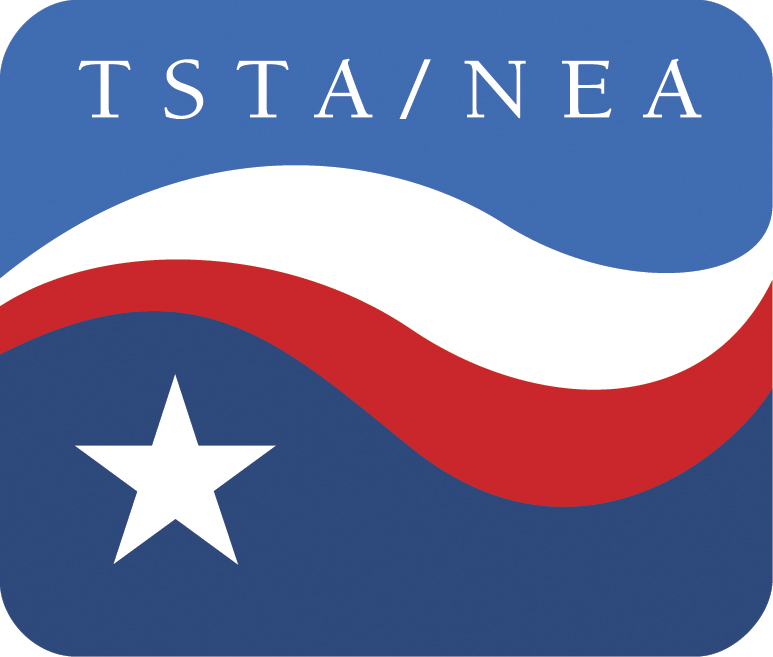Did a school voucher pay for an abortion? Yes or no, it’s still a mess
The intended consequences of vouchers – transferring state tax dollars from under-funded public schools to private schools – are bad enough, but the unintended consequences can be a political and fiscal disaster. A voucher program in Arizona is so bad and unaccountable to taxpayers that one recipient was even indicted for using her family’s voucher money to purchase a high-definition TV and pay for an abortion.
For those who might point out that Texas isn’t Arizona, I also would point out that Gov. Greg Abbott and Lt. Gov. Dan Patrick share the school privatization ideology of the Arizona leaders who created and expanded the voucher debacle in the desert.
I also would note that the voucher program in Arizona began as a program limited to families with disabled children, the same kind of legislation that Abbott wants the Legislature to enact during the special session that convenes next week. The program later was expanded in Arizona, while oversight was ignored.
And anyone who thinks oversight in Texas would be any better had better think again. The under-funded oversight of critical public programs in this state – from Child Protective Services to toll roads, data systems and other privatization schemes – has a history of failure.
The Arizona Republic articles linked below detail much of the waste and folly associated with arming families with debit cards loaded with taxpayer dollars. Arizona has even been unable or unwilling to identify which private schools are benefiting the most from the tax-paid program.
“We could have state dollars going to a school teaching 2 plus 2 equals 5, and there is nothing that we can do about it,” one critic of the program commented.
It’s a wonder apparently that the state even noticed the woman who used her voucher debit card to buy the big-screen TV, as well as a smart phone and a couple of computer tablets, from Walmart and then spend a few hundred more dollars at a family planning clinic. That led to the accusation of an abortion and an indictment for theft and fraud.
I don’t know how that case turned out, but the voucher program in Arizona is still a mess. And it’s a mess waiting to happen in Texas, unless the House – which soundly rejected vouchers on a bipartisan vote during the regular session – continues to hold its ground for public schools and taxpayers.
